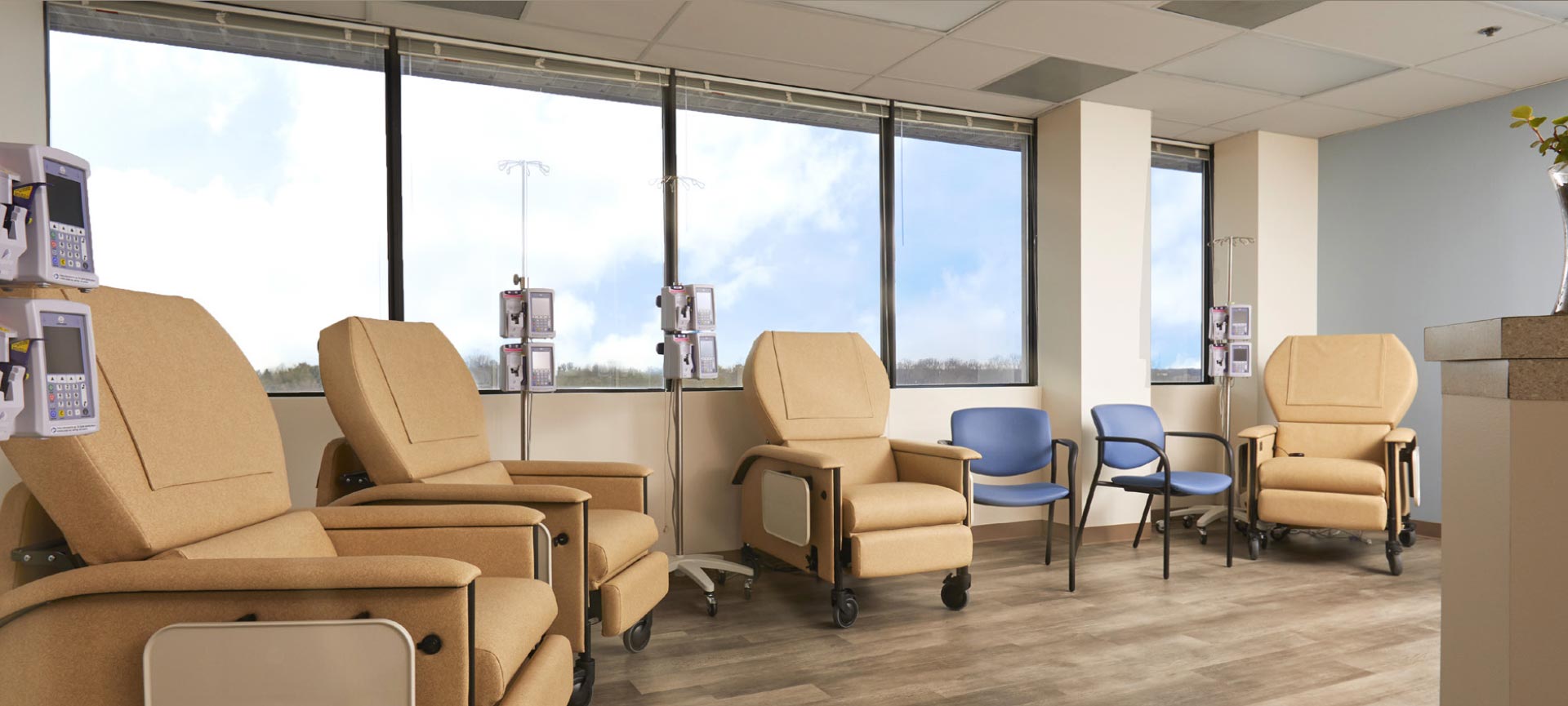GBMC battles blood cancers alongside patients
July 29, 2022
Approximately once every three minutes, a person in the United States is diagnosed with a blood cancer. Ari H. Elman, MD, Medical Oncologist and Hematologist at the Sandra and Malcolm Berman Cancer Institute at GBMC HealthCare, explains the discovery of these cancers often happens inadvertently.
“Most blood cancers are picked up by routine labs, almost by accident. The white blood cell count is a little bit high, so further blood work is done to determine the cancer,” Dr. Elman says.
He explains there are three major categories of blood cancers: leukemia, lymphoma, and myeloma. Acute leukemia usually comes on suddenly and is the most dangerous type of blood cancer, but also the least common, according to Dr. Elman. He explains a blood cancer diagnosis often isn’t as dire as it sounds.
“A lot of people are surprised to learn when they’re diagnosed with a blood cancer that they don’t need any immediate treatment. We just watch it,” he says.
Of the three major cancer types, chronic lymphocytic leukemia (CLL) and chronic myeloid leukemia (CML) are the most common and most treatable.
“People hear about CML and CLL and they focus on the word leukemia, but the focus is really on the word chronic,” Dr. Elman says. “CML is one of the most treatable cancers that we have, and often, patients don’t even need treatment for a CLL diagnosis.”
He says even if treatment is necessary, advances in medicine mean patients can often forego chemotherapy and IVs to opt for less invasive treatments that come in pill form.
Unfortunately, there are no major defining risk factors for blood cancers.
“Most of these cancer types are not hereditary, and we still don’t know what causes a lot of these diseases,” Dr. Elman says. “That doesn’t mean diet and exercise aren’t important. If you take good care of yourself, you’re more likely to get through any diagnosis and subsequent treatment.”
There aren’t any preventive screenings for blood cancers beyond basic lab work, but there are some symptoms to watch out for.
“Unintentional weight loss, night sweats, and severe fatigue may all be signs that something is wrong,” Dr. Elman says.
Also, if you notice a knot or bump in any of your lymph nodes getting larger over the course of a few weeks, you should speak with your doctor.
If you are faced with a blood cancer diagnosis, Dr. Elman says the team at GBMC will be with you every step of the way.
“We see a patient from before their diagnosis and will help arrange their blood work, staging, and treatment. We’ll talk to them about options and recovery and help guide them through the process,” he says.
He emphasizes the importance of being there for his patients as a source of support during a difficult time.
Dr. Elman says, “A cancer diagnosis can be very scary and new, but it’s not new to us. There are no silly questions. Our patients can always reach their own doctor anytime they need to because they’re never inconveniencing us.”




